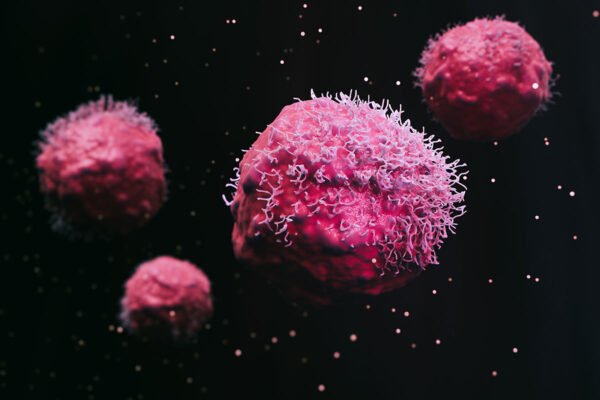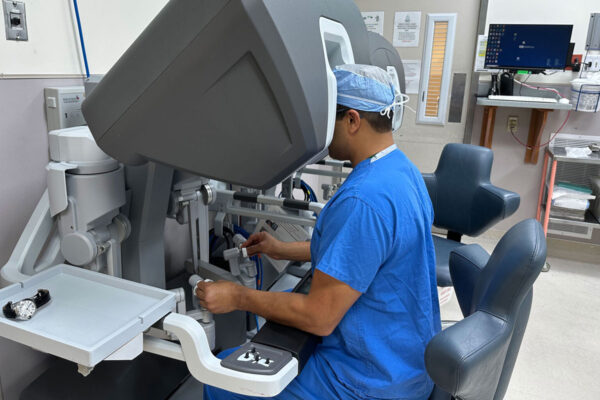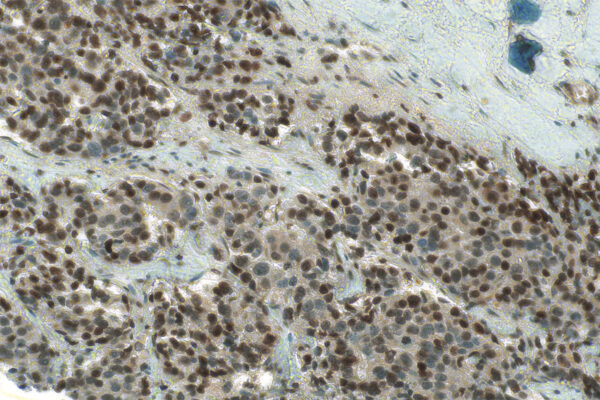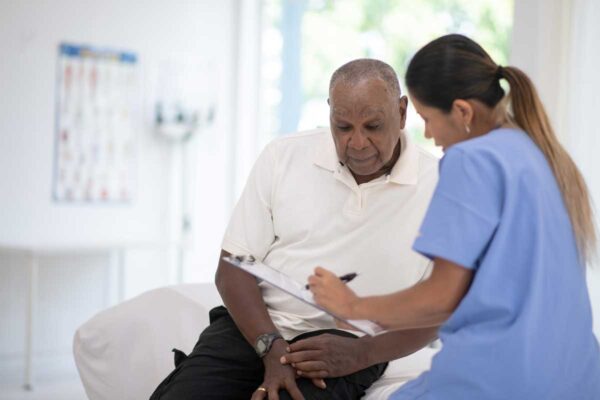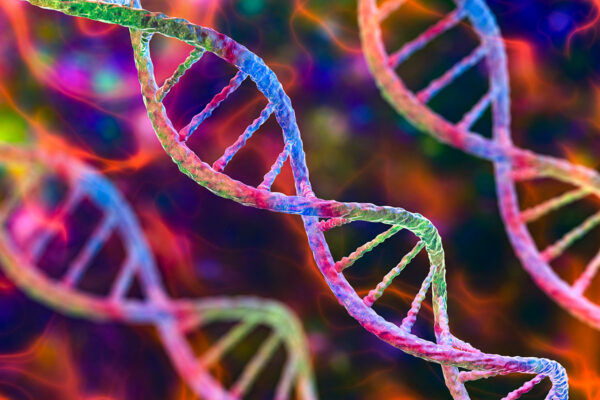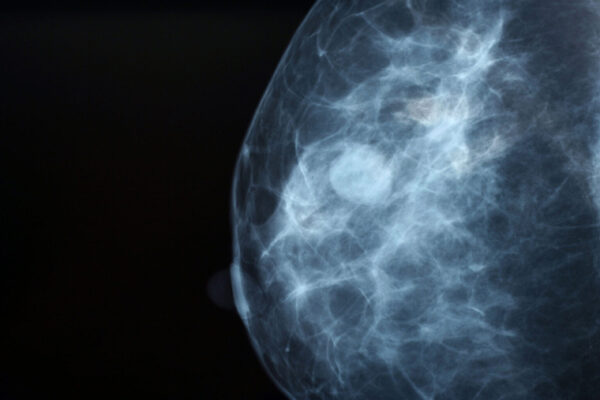Scientists reveal how proteins drive growth of multiple cancer types
Led by the School of Medicine and other institutions around the world, the Clinical Proteomic Tumor Analysis Consortium has completed a deep analysis of the proteins driving cancer across multiple tumor types. The findings could help lead to new therapies.
Siteman earns prestigious merit extension from National Cancer Institute
Siteman Cancer Center, based at Barnes-Jewish Hospital and the School of Medicine, has earned a prestigious Merit Extension Award from the National Cancer Institute (NCI), recognizing continued excellence in cancer care, research, training, prevention and community outreach.
First robotic liver transplant in U.S. performed by Washington University surgeons
A surgical team from the School of Medicine recently performed the first robotic liver transplant in the U.S. in May at Barnes-Jewish Hospital.
McKay receives NIH support to test cancer treatment tool for children
Virginia McKay, a research assistant professor at the Brown School, is leading a $3.5 million project to test whether an effort to improve cancer treatment for children in Latin America is sustainable over the long term.
Mullen to participate in NCI surgeon-scientist program
Maggie Mullen, MD, an assistant professor of obstetrics and gynecology at the School of Medicine, has been selected to participate in the National Cancer Institute’s 2023 Early-Stage Surgeon Scientist Program Cohort of Surgeon Scientists.
Study reveals how treatment-resistant prostate cancer provides its own hormonal fuel
A new study in mice led by School of Medicine researchers shows how prostate cancer creates its own hormonal fuel supply in response to anti-testosterone therapy. The study further suggests a strategy to block this process and potentially improve therapy options.
Cancer cells rev up synthesis, compared with neighbors
Researchers led by Gary J. Patti in Arts & Sciences established a method to watch what nutrients are used at which rates spatially throughout a tumor. The new approach offers clues for potential treatment strategies.
Siteman Cancer Center launches cancer screening initiative to address racial disparities
Siteman Cancer Center at Barnes-Jewish Hospital and the School of Medicine is launching a prostate cancer screening initiative along with an educational campaign in the St. Louis region to address racial disparities in prostate cancer.
WashU Medicine joins national effort to ID genetic differences within the body
The School of Medicine has received two grants totaling $22.5 million to help lead national efforts to understand how DNA changes create differences in genomes across tissues within the same person.
Change in breast density over time linked to cancer risk
Repeated mammograms contain data on changes in breast density over time that could help identify women at high risk of breast cancer and even reveal which breast is likely to be affected, according to a study by researchers at the School of Medicine.
Older Stories
